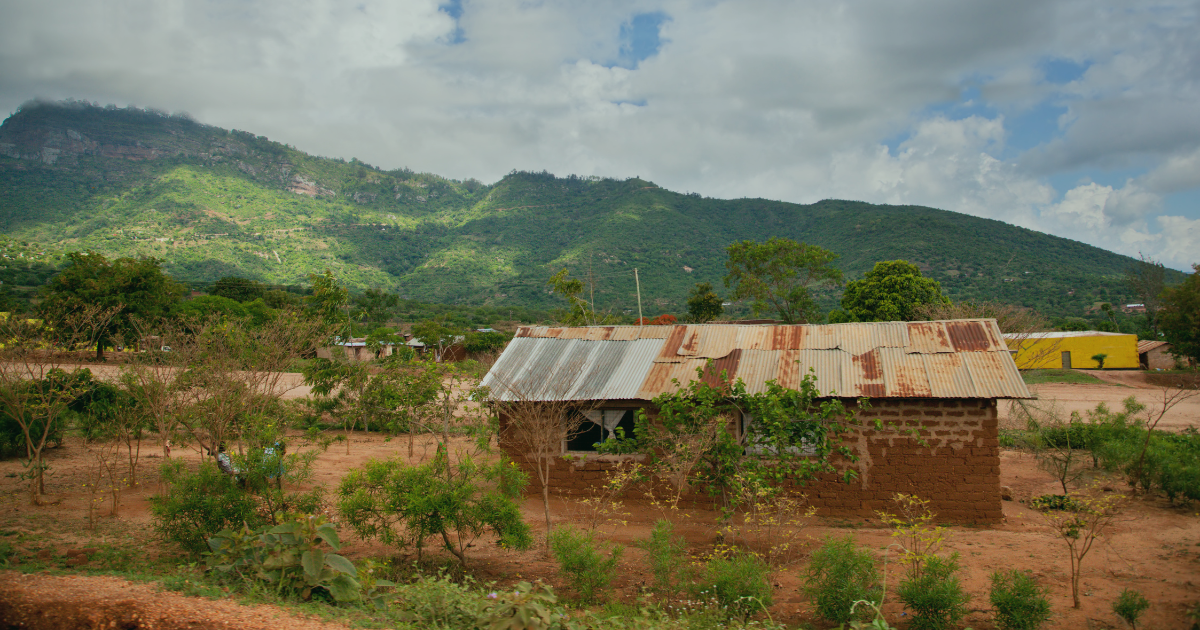
Why (and How) is Famine Getting Worse, Not Better?
Famine is something many people think belongs to the past — a crisis confined to history books. But the reality is far more urgent.
Today, millions of people are facing severe food insecurity. In places like Kenya, the long-term impacts of famine are being felt.
This isn’t just about a lack of food. It’s about long, persistent droughts, the collapse of local farming systems, and the growing distance between people and the support they need.
In this article, we explore why famine remains a pressing issue, particularly in East Africa, and why community-led solutions are key to long-term change.
Why We’re Still Talking About Famine
Despite global advances in agriculture and food systems, hunger is rising. In many parts of the world, famine isn’t a sudden catastrophe. It’s a slow and worsening crisis, especially for rural communities that depend on the land to survive.
Today’s famine conditions are driven by climate shocks, rising costs, conflict, and inequality, and they have unfolded quietly over the years. Families face not only food insecurity but also the slow erosion of health, income, and stability.
That’s why we’re still talking about famine. Because for many people, especially in parts of east Africa, the struggle for food is a long-term reality, not a one-off emergency.
What’s Making it Worse
In Kenya, the impact of famine is deeply felt in communities that depend on farming and livestock. Around 80% of the population relies on the agricultural sector to sustain their livelihoods, but changing weather patterns have made that increasingly difficult.
Prolonged droughts, failed crops, and shrinking pastures mean food is harder to grow and even harder to afford. Families are forced to move more often in search of water and grazing land, particularly in semi-nomadic communities like the Maasai and Samburu.
This kind of displacement creates a ripple effect. As people move, access to healthcare and essential services becomes limited, especially for women and children, and maternal and infant mortality rises. Children become more vulnerable to preventable illnesses like diarrhoea, malaria, and measles. Malnutrition takes root.
At Anglican Overseas Aid, we’ve seen how hunger is only one part of the story. The real crisis is the breakdown of everything people rely on to live well: safety, stability, health, and opportunity.
Give Now to Help Fight Famine
Right now, families in Kenya are facing the long-term effects of famine, and they need your support.
By donating before June 30, your tax-deductible gift will help fund practical, locally led solutions that address food insecurity, restore livelihoods, and improve access to healthcare.
Through our partnership with the Anglican Church of Kenya, Mt Kenya West Diocese, your gift will go where it’s needed most.





